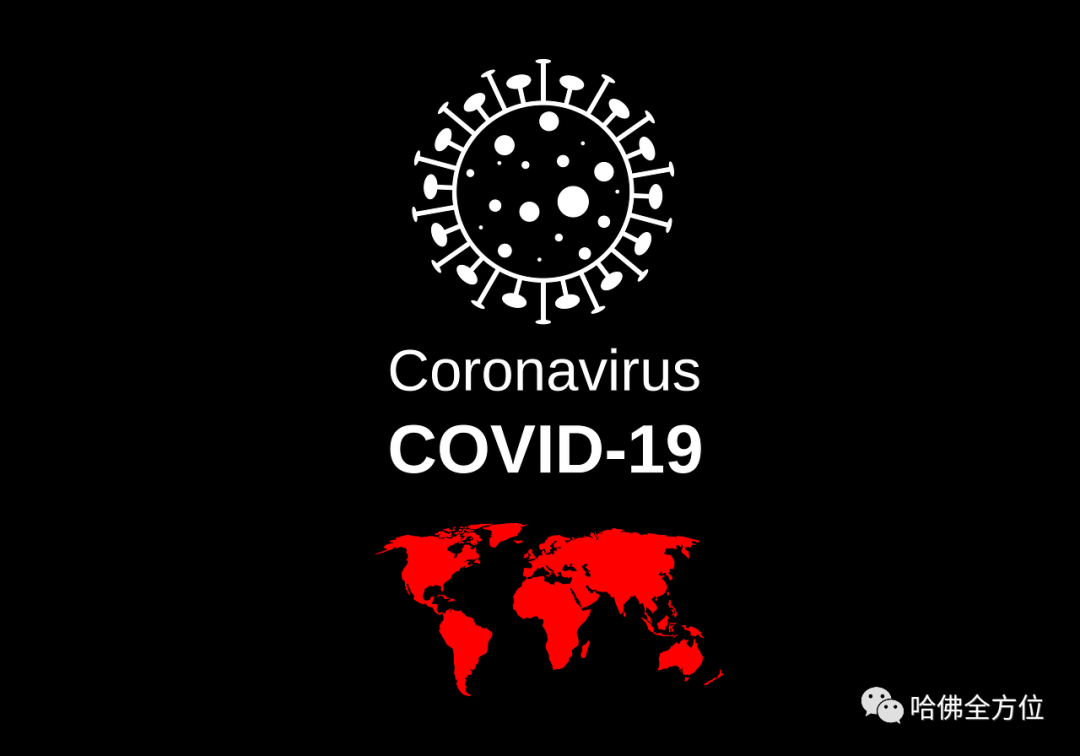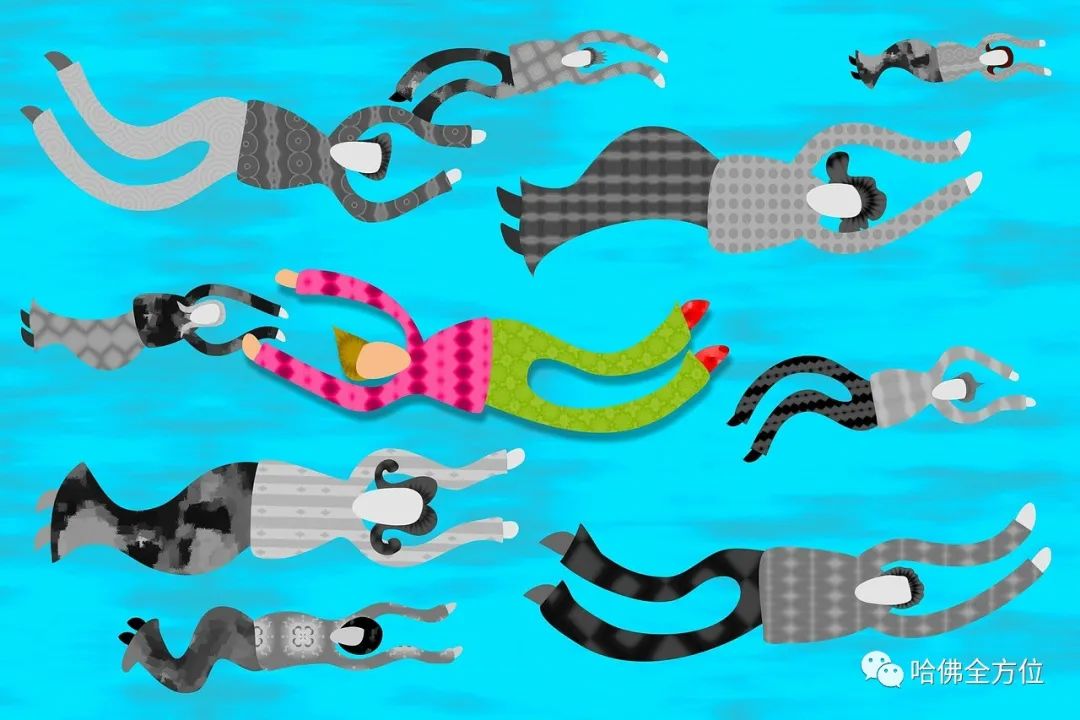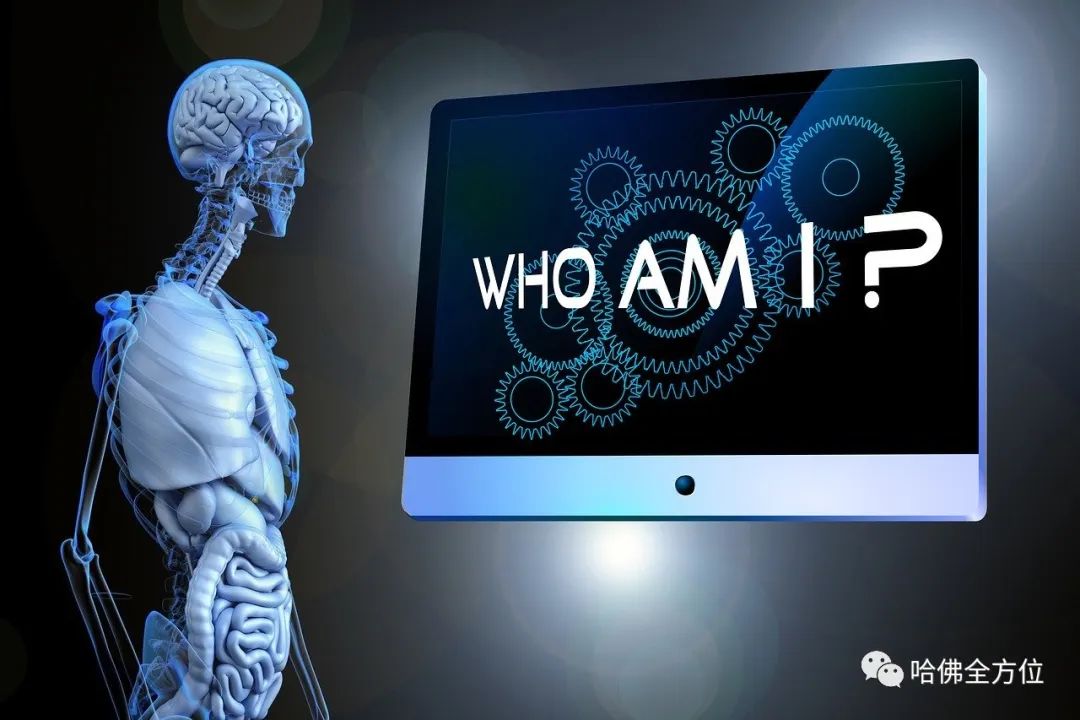【教育】300+ 所美國大學 2021 招生方向的共同聲明 | HS2 ACADEMY 全方位教育機構
07/08/2020 全方位教育機構
哈佛大學教育研究所通過其創辦的 “Making Caring Common” 項目,在日前聯合了包括耶魯、哥倫比亞、布朗、達特茅斯、西北、卡內基梅隆及紐約大學在內的300所以上的大學招生處,發佈了一份最新的集體聲明,主要是明確的說明這些頂尖大學今年的招生方向,消除疫情期間產生的一些猜疑,以緩解申請者的顧慮,並且鼓勵學生保持自我身心健康,平衡上課與生活,有意義的學習以及關懷他人. 隨著全國乃至全球各地的學生都在經歷著挑戰和各種不確定性,招生負責人強調該項聲明的公平性。
疫情下大學招生錄取的五大考量:
1. Self-Care 照顧自己
把自己照顧好很重要,尤其是疫情下。招生部門知道,疫情期間很多家庭深陷經濟損失與艱難,許多學生都在應對各種各樣的壓力。這樣的危急時刻,關懷和照顧好自己是非常重要的。
2. Academic work 學術工作
疫情期間,學生的學術表現對於申請依然重要。但考慮到許多學生面臨的現實情況,審核員評估申請人的學術成就時,會把這個因素放在疫情造成的影響之下,並對比申請人在疫情前和疫情後的學業表現。疫情影響下不方便考的AP, IB 或其他標化測試都不會影響申請學生的錄取機會。我們會考慮學生如何利用有限的資源充實自己的課業學習。
3. Service and contributions to others 服務和對他人的貢獻
招生部門表示,在今年這個特殊的申請季,他們更青睞能為社區,為他人做貢獻的申請人。但他們強調,他們感興趣的不是學生創立了某個新項目,不是學生體現了自己的領導力,也不是讓學生在所謂的疫情義工奧運會中去拼比,而是學生真正發自內心和具有意義的貢獻,包括回應因疫情而產生的諸多義工需求。
4. Family Contributions 家庭貢獻
疫情期間許多學生可能需要承擔家庭責任,包括看管年幼的兄弟姐妹、照顧生病的親人、賺錢補貼家用等。而這些可能會影響到申請人的學習和活動。因此,招生部門鼓勵學生把自己對家庭的重要貢獻寫在申請材料里,這對錄取會有很正面的影響。我們在乎學生對自己的週遭社區及國家的貢獻經驗中的學習.
5. Extracurricular and summer activities 課外活動和夏季活動
招生部門表示,疫情期間學生不會因為無法參與課外活動而被扣分。這包括失去實習機會、暑期工作、夏令營、夏校課程和其他類型富有意義的活動。我們一直都覺得工作及家庭責任是最有價值的, 特別是疫情下.
讓我們了解你的狀況是很重要的. 如果學生有任何因疫情影響之不便, 例如沒有網路可使用, 沒有安靜的地方可學習或其他家庭因素, 請務必在申請書上說明.
此聯合聲明的原文在這裡:https://static1.squarespace.com/static/5b7c56e255b02c683659fe43/t/5ef9bf0b67d0746239a5b429/1593425675919/FINAL+Statement_+TTT+Deans+20200629.pdf
What We Care about in this Time of Crisis: A Collective Statement from College Admission Deans
As admission and enrollment leaders, we recognize that we and the institutions we represent send signals that can shape students’ priorities and experiences throughout high school. This collective statement seeks to clarify what we value in applicants during this time of COVID-19. We are keenly aware that students across the country and the world are experiencing many uncertainties and challenges. We primarily wish to underscore our commitment to equity, and to encourage in students self-care, balance, meaningful learning, and care for others.
More specifically, we value the following:
1. Self-care
Self-care is of high importance, especially in times of crisis. We recognize that many students, economically struggling and facing losses and hardships of many kinds, are simply seeking to get by. We also recognize that this time is stressful and demanding for a wide range of students for many different reasons. We encourage all students to be gentle with themselves during this time.
2. Academic work
Your academic engagement and work during this time matters to us, but given the circumstances of many families, we recognize that many of you face obstacles to academic work. We will assess your academic achievements in the context of these obstacles. In addition, we will assess your academic achievements mainly based on your academic performance before and after this pandemic. No student will be disadvantaged because of a change in commitments or a change in plans because of this outbreak, their school’s decisions about transcripts, the absence of AP or IB tests, their lack of access to standardized tests (although many of the colleges represented here don’t require these tests) or their inability to visit campus. We will also view students in the context of the curriculum, academic resources, and supports available to them.
3. Service and contributions to others.
We value contributions to one’s communities for those who are in a position to provide these contributions. We recognize that while many students are not in this position because of stresses and demands, other students are looking for opportunities to be engaged and make a difference. This pandemic has created a huge array of needs, whether for tutoring, contact tracing, support for senior citizens, or assistance with food delivery. We view responding to these needs as one valuable way that students can spend their time during this pandemic.
We also value forms of contribution that are unrelated to this pandemic, such as working to register voters, protect the environment, combat racial injustice and inequities or stop online harassment among peers. Our interest is not in whether students created a new project or demonstrated leadership during this period. We, emphatically, do not seek to create a competitive public service “Olympics” in response to this pandemic. What matters to us is whether students’ contribution or service is authentic and meaningful to them and to others, whether that contribution is writing regular notes to frontline workers or checking in with neighbors who are isolated. We will assess these contributions and service in the context of the obstacles students are facing. We also care about what students have learned from their contributions to others about themselves, their communities, and/or their country (Please see Turning the Tide for additional information about the kinds of contributions and service we value). No student will be disadvantaged during this time who is not in a position to provide these contributions. We will review these students for admissions in terms of other aspects of their applications.
4. Family contributions.
Far too often there is a misperception that high-profile, brief forms of service tend to “count” in admissions while family contributions—which are often deeper and more time-consuming and demanding—do not. Many students may be supervising younger siblings, for example, or caring for sick relatives or working to provide family income, and we recognize that these responsibilities may have increased during these times. We view substantial family contributions as very important, and we encourage students to report them in their applications. It will only positively impact the review of their application.
5. Extracurricular and summer activities.
No student will be disadvantaged for not engaging in extracurricular activities during this time. We also understand that many plans for summer have been impacted by this pandemic and students will not be disadvantaged for lost possibilities for involvement. Potential internship opportunities, summer jobs, camp experiences, classes, and other types of meaningful engagement have been cancelled or altered. We have never had specific expectations for any one type of extracurricular activities or summer experience and realize that each student’s circumstances allow for different opportunities. We have always considered work or family responsibilities as valuable ways of spending one’s time, and this is especially true at this time.
Reporting information that is important to students and to us. We will gather information from schools themselves about curriculum and academic resources and supports, but encourage students to communicate any factors specific to their circumstances that impeded their academic performance. Those factors might include, for example, lack of access to the internet, no quiet place to study, or the various family responsibilities described above. We encourage students to describe concretely how any of these circumstances have negatively affected their academic performance or ability to engage in activities that matter to them. It is helpful to know, for example, how much time students spent per week taking on a family responsibility, such as taking care of a sick relative. This information will be treated completely confidentially. Both the Common Application and the Coalition for College application provide opportunities for students to describe how they have been impacted by the pandemic.

這份共同聲明雖然為疫情期間大學審核的要素。但這實際上是極有可能成為長期的招生錄取標準。其實在2016年一月份哈佛教育研究所就已經發佈過一個18頁的報告文件 Turning the tide 改變錄取潮流. 這份文件也是當時由許多美國大學聯合開會後的會議摘要, 算是他們的聯合聲明.
改變錄取潮流的原文在這裡:http://mcc.gse.harvard.edu/files/gse-mcc/files/20160120_mcc_ttt_execsummary_interactive.pdf?m=1453303460
當時這個會議中, 所有知名大學都出席了, 這種教育界的世紀盛會, 重要角色當然要湊個熱鬧, 也就是說檯面上的大學早在2016年都已經肯定了這個新的錄取趨勢, 宣稱會以這個會議聲明作為以後的錄取方向. 一個鼻孔出氣下, 雖然不是三審通過的法律, 但這份文件就成了大學錄取的操作原則.
從這幾年的實際的錄取審核顯示了這些頂尖大學已經付諸行動的 “改變了錄取的潮流”.
摘要重點, 2016年這份關係許多莘莘學子前途的錄取趨勢報告, 結論如下:
– 錄取以學生人品為主要考量
– 降低分數, 考試, 成績, AP/IB課等學術因素
– 希望學生多參與“有意義的”社區服務
– 看重學生跨越種族, 文化及社會階層的貢獻
– 期望學生關懷他人, 協助解決自己家庭的困境
– 培養對未來有責任感的學生
– 重視有品質的社區服務, 而不是表上列一堆名目

當時這篇聲明公佈時, 我所接觸大多數的家長聽到這個新觀念, 多半是不以為然, 或完全抓不到重點. 有些聽懂了但比較激進的家長跟學生就乾脆投其所好的設法在申請表上開始捏造功績, 想蒙混過關, 完全忽略教育的真正意義. 中國人“上有政策, 下有對策”的心態已經造成這幾年許多名校 “中國學生會造假作弊” 的壞印象, 這部分則是另外的議題. 但事實上, 當時不是只有我們亞裔的學生跟家長覺得困惑, 許多美國的主流媒體當時對這份聲明也存疑, 甚至開出了以下的玩笑 “難道我未來的開刀醫生可能不懂醫療理論, 但是非常熱心公益嗎?”
華裔的父母重視教育, 無庸置疑地付出許多, 期望子女進入最高教育學府, 習慣上還是以 “公式化” 的方式培養子女, 照表操課, 保守行事. 尤其觀念上也堅持大數的時間跟力氣都要花在讀書跟考試上. 就連做公益都喜歡被指定項目及時數, 對於沒加分作用的社區服務, 就不太願意讓子女”浪費”時間了.
從事補教業超過二十年, 我一直不支持填鴨式教育, 更不認同分數可以決定學生的前途. 孩子的養成教育本來就該五育並進. 不過, 如果本末倒置的過分強調課外活動, 而忽略了學術基礎的鞏固, 倒也讓人納悶高等教育設立的宗旨.

總而言之, 趨勢很明顯, 這些聲明是在共鳴 “照顧低收入及弱勢族群” 這個美國當今最熱門的社會運動. 哈佛這類的教育界龍頭老大當然要當仁不讓的領頭顯示它是多麼的悲天憫人, 其他大學也定要跟進, 以免造成政治立場不正確的形象. 這些勢不可擋的議題是很難爭論的, 因為每個人的立場不同. 換個角度來看這件事, 以現在地球環境惡化的狀態, 教育不能只是培養出一群群沒有社會責任, 自私自利的下一代. 尤其現在e世代的新新人類, 幾乎就是活在網路世界裡, 對很多外界的事物都完全無感, 課外活動對於青少年人格與自信心培養能產生絕對的良性影響. 這些新的趨勢似乎也是順應這個世界的需求.

這些最新的錄取趨勢絕對值得重視. 實際上, 學生大學申請要能得到最好的結果是不能用公式化的方式得到最佳的效果, 除了要早期就要立定個人化的策略及規劃等準備, 學生本身專注力的維持更是需要透過不斷的督促及鼓勵.
當然啦! 美國的四年大學有超過4千所, 選擇一所各方面都適合學生, 對學生的未來有最大幫助的大學更是一個絕對重要的考量.


